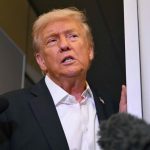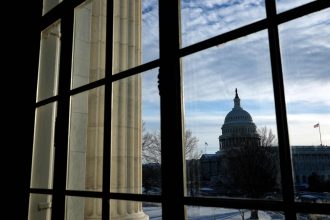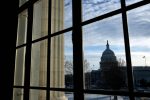Australian Prime Minister Anthony Albanese met with U.S. President Donald Trump in Washington today, marking a high-stakes moment in global geopolitics. The discussions centered around two critical themes — securing support for the AUKUS submarine deal and strengthening cooperation on critical minerals to reduce global dependency on China.
Albanese emphasized Australia’s unique advantage: its vast reserves of lithium, cobalt, manganese, and rare earths — materials essential for semiconductors, defense systems, renewable energy, and electric vehicles. By offering these resources, Australia aims to position itself as a trusted supplier to the United States and other global partners, ensuring a more resilient supply chain.
“We want to be a reliable partner in the world’s transition toward clean energy and advanced technologies,” said Albanese ahead of the meeting. His message underscores Australia’s growing ambition to play a greater role in shaping a balanced global economy — one less reliant on Beijing’s influence.
While Australia’s public sentiment toward the Trump administration remains mixed, the nation’s leaders recognize the strategic necessity of aligning closely with Washington amid escalating regional tensions in the Pacific.
Treasurer Jim Chalmers echoed this sentiment during a press conference in Washington, stating, “Australia has a lot to offer the world in critical minerals. We’re committed to being a dependable partner to meet these essential global needs.”
At the defense table, the future of the AUKUS pact remains a central issue. Signed in 2021, the trilateral agreement between Australia, the UK, and the U.S. aims to arm Australia with nuclear-powered submarines — a move projected to cost over US$235 billion across three decades. The deal is not only a technological upgrade but also a strategic shift toward ensuring regional stability and security in the Indo-Pacific.
However, questions linger over the Trump administration’s commitment to the deal amid its “America First” policy review. Analysts, including Justin Bassi of the Australian Strategic Policy Institute, argue that reaffirming AUKUS would serve both nations’ interests, strengthening their positions in an increasingly competitive global landscape.
Behind closed doors, discussions also touched on trade tensions, tariffs, and global supply chain resilience. While Trump has previously threatened tariffs on China’s exports, including rare earth elements, his recent public statements suggest an attempt to ease market anxieties.
In the end, this meeting isn’t just about minerals or submarines — it’s about trust, partnership, and the pursuit of shared stability in an unpredictable world. Australia’s call for cooperation symbolizes a deeper truth: in times of uncertainty, nations that stand together build a stronger, freer, and more secure future.








